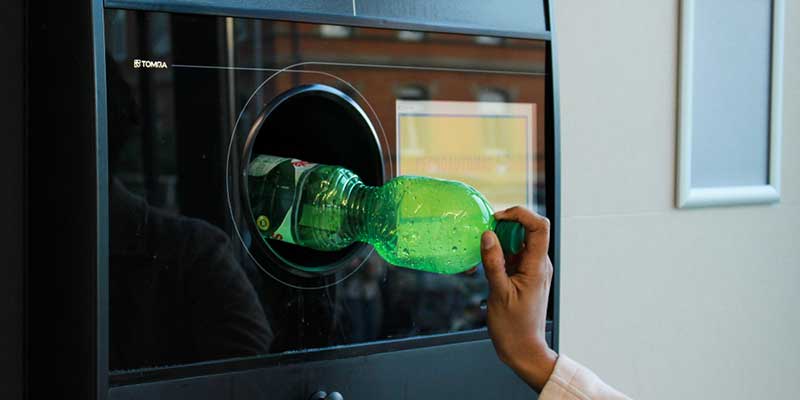Circularity Scotland (CSL), the firm created to manage Scotland’s much-postponed deposit return scheme (DRS), has gone into administration.
It emerged last week that Circularity Scotland was on the brink of collapse, with staff sent home and the board unable to say whether they would be paid this month.
In addition, drinks manufacturers and retailers said they did not have the confidence to continue funding the firm due to the “political uncertainty”. In a joint statement, the British Beer & Pub Association, the British Soft Drinks Association, and the Scottish Retail Consortium said they will not be providing further financial support.
Willie Watt, the chair of the publicly-owned Scottish National Investment Bank, expects it will lose more than half of a £9m loan given to CSL to fund DRS start-up costs.
Circular Economy Minister Lorna Slater told MSPs CSL’s collapse was a “disaster” for its 60 workers and blamed the firm’s demise on conditions imposed by the UK government.
She told the Scottish Parliament: “We have learned today that a process is under way is to appoint administrators to CSL leaving their staff in an extremely difficult position.
“This is an unforgiveable consequence of the UK government’s 11th hour intervention which undermined our deposit return scheme, made progress impossible, and is now resulting in these jobs being lost.”
Reports had suggested that Circularity Scotland’s workers have not been paid a full month’s wages. However, Slater told the chamber it was her understanding that staff had been paid for the work they have done.
She added that staff had also been offered support from Partnership Action for Continuing Employment – the government’s redundancy support service.
The news of CSL’s collapse came as Slater survived a vote of no confidence (20 June) tabled by Scottish Tory net zero, energy and transport spokesperson Liam Kerr. Slater was backed by 68 MSPs to continue as Circular Economy Minister, while 55 voted for her to be removed from the post.




